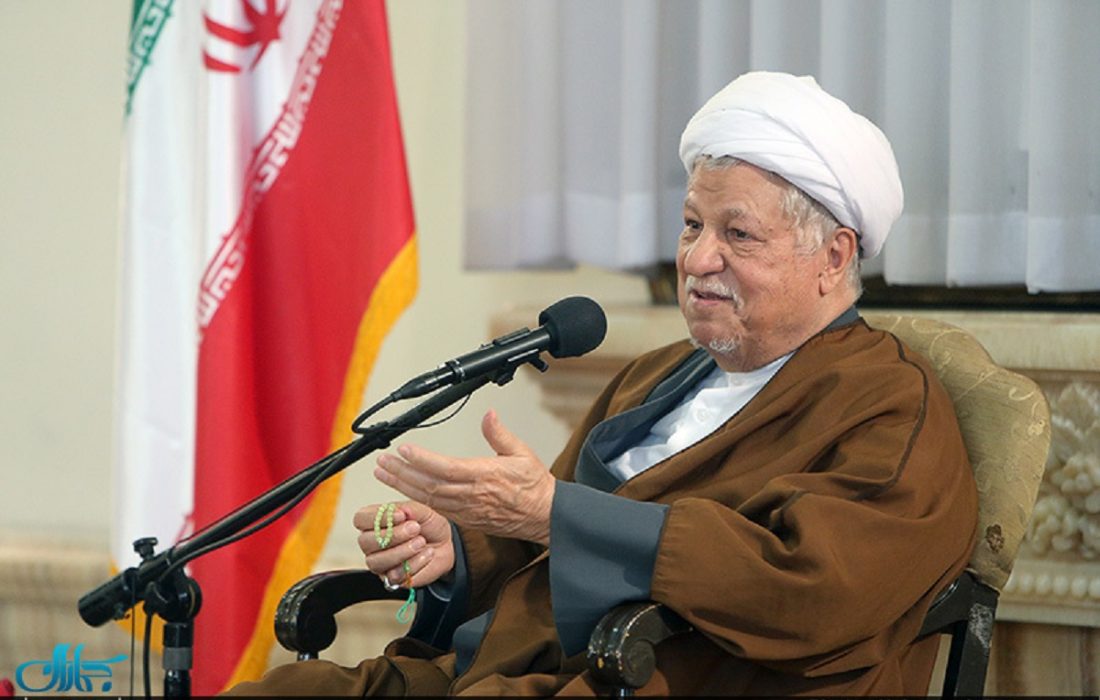Tell me about the initial steps to accept the resolution:
First, the UN resolution was issued a long time ago, and we neither accepted nor opposed it. From the beginning of 1366, after several meetings in the gathering of leaders and sometimes in the service of the Imam, we decided to participate in the Security Council and let it be discussed about finding the initiator of the war. Of course, it was decided that our first priority is to equip the facilities so that we can be strong in the front so that the discussion of the resolution does not affect the military weakness.
The second priority at this stage was to carefully review the provisions of the resolution for how to include our demands, which was our policy on the issue of war, and in this regard, the commission to collect documents of Iraqi aggression was formed under the supervision of Ayatollah Khamenei in 1366.
For the first priority, public mobilization was organized and the General Staff was formed and other works aimed at strengthening the war. One of our important tasks for this priority was the wide publicity for the entry of all the facilities of the country to strengthen the fronts, which shocked Iraq and its foreign supporters, who changed the resolution to our liking.
There were two or three important and sensitive points in the priority and delay of clauses, which were moved based on very good political negotiations. Dr. Velayati, Dr. Mohammad Javad Larijani and their colleagues managed the negotiations with the United Nations very well. Of course, the United Nations also behaved well. Mr. East
Perez Decoyar really wanted to solve the problem, so he worked impartially.
He also had a trip to Iran, before which one or two resolutions were passed against Iraq due to chemical attacks and bombing of cities, which they showed poison to Saddam. For example, in May 1366, the Security Council issued a statement condemning the use of chemical weapons by Iraq. Anyway, when we entered the negotiations, the global publicity was also in our favor. In the incident of chemical bombing in Halabja, the world really dealt with the responsibility in informing.
The combination of these made the global environment in this sector to be in our favor and the United Nations was able to meet our demands in the resolution. For example, Iraq, with a mischievous act in the clauses of the resolution, had placed the acceptance of the ceasefire before the withdrawal. If the resolution was accepted with this order of clauses, we would accept the ceasefire and Iraq would not retreat for a long time. That is, we had accepted the ceasefire and even implemented it, but parts of our land were still occupied by Iraq, which makes the people of the country question our tenacity in the war for 8 years.
Iraq’s goals were met and we remained under occupation. People were certainly discouraged that we accepted the resolution while Iraq is still in Iran. Another mischief was that after these two clauses, they had delicately added that any country that violates the ceasefire will be recognized as a criminal and must be punished.
Maybe years after we accepted the ceasefire, Iraq would not retreat and we could not do anything considering the above. Therefore, our political negotiators at the United Nations tried very hard to change the place of these two clauses. It means to withdraw to the borders first and then accept the ceasefire.
It was really a very important thing that was done for the benefit of Iran.
Finally, when the text of the resolution became acceptable to us and Mr. Rezaei’s letter reached the Imam, the Imam was convinced that the continuation of the war in these conditions is a slogan and even if they wanted to, they could not fight.
Perez Decoyar really wanted to solve the problem, so he worked impartially.























